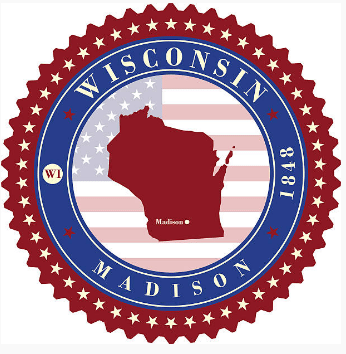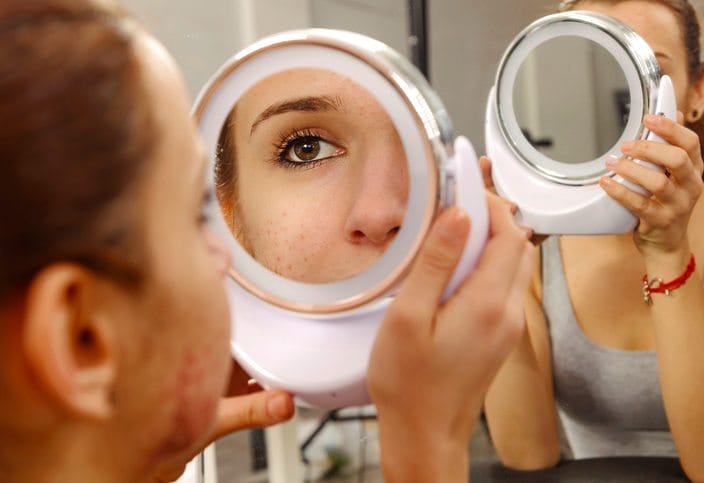That candy made my mouth feel funny,” said my then 6-year old, Daniel. With a look of worry, he handed me the wrapper from a mini package of chewy candies. The next 15 minutes were a blur as I injected him with epinephrine and we sped to the emergency room in the back of an ambulance.
When we got home late that night, I put my son in bed with me. All I could do was look at him, touch his hair and thank God that he was there with me. But in the weeks that followed, that sense of relief was replaced with guilt, fear and sadness as I watched Daniel try to make sense of what happened.
Most families do struggle to cope with the aftermath of anaphylaxis, as we did, but the following steps helped us to hasten recovery.
Supply a Security Refuel: When toddlers first learn to walk they delight in the freedom from mom. But when they get scared, they find their way back for a hug or touch of her knee. That brief contact is enough to “refuel” them to brave the world. Following a severe allergic reaction, try to stay connected with your child through loving gestures.
You Have the Right to Remain Silent: Just as our children need support, we parents do, too. However, some friends and relatives can be overly dramatic, increasing our fright and pessimism. Others get so upset that we feel we have to console them! In the aftermath of a reaction, don’t need to share with these folks immediately. Your first priority is to take care of your child; having to reassure another loved one is not in your family’s best interest.
Practice Good Grief: After witnessing an anaphylactic reaction, parents are often shaken to the core. But it can be harder for our kids to cope if they see their distress amplified in us. Sharing the entire story with a compassionate friend can help. Don’t leave anything out and let the emotions go. I have heard some pretty horrific stories from parents, mostly through tears. But invariably the conversation leads to something that we can laugh about. It’s as if “getting it all out” lets the light shine through again.
If you can’t find a rock to lean on in the aftermath, try a journal. Studies have shown that writing down traumatic events can lessen the effects on our wellbeing.
Just Play: Children often work through their issues during playtime. In the days after my son’s reaction, most of his stuffed animals developed multiple food allergies. His favorite purple teddy bear was even allergic to water! A few of them had severe reactions, which my son and I treated with pretend epinephrine auto-injectors. I even asked “Purple Teddy” what he needed to feel better, and gained insight on how to comfort my son.
Edit the Scary Movies: It’s natural to think back to the scene of your child’s reaction, but replaying it over and over can make you feel worse. Some of us create an even scarier version, with a fatal outcome. We ask, “What if…?” When you find yourself “going there,” stop and do something completely different: Call a friend, exercise or take a shower (OK, chocolate works, too).
If a physical distraction isn’t possible, switch to a memory that warms your heart, such as your child’s first steps or your wedding day. Eventually the inclination to go back to the traumatic event will fade away.
Converse Cautiously: During severe reactions, children may experience a sense of impending doom. In the aftermath, this may prompt them to ask hard questions, such as “Can I die from my food allergies?” Experts tell us that kids ask these questions when they’re ready for the answers. Still, it’s important to tread lightly and answer in an age-appropriate and reassuring way.
The Grace of Warning: Though I don’t recommend placing blame, sometimes a reaction will point out areas where we may have been lax. In my case, I had relied on the outside wrapper of a bag of Halloween candy rather than checking the ingredients on the individual package. My son’s reaction reminded us to maintain a healthy respect for his diagnosis.
Flex Your Courage Muscles : Most of us are not medical professionals, so we doubt our ability to know how to treat a severe reaction. Fortunately, many parents do get it right and use the epinephrine promptly. They end up feeling much more confident after treating anaphylaxis.
Flaunt that can-do attitude. It shows our children that food allergies are manageable and helps them believe that someday they’ll safely handle them, too.
Gina Clowes is a certified life coach specializing in the needs of parents of children with food allergies. She is the founder and director of AllergyMoms.com, an online support group serving thousands worldwide.
Related Reads:
Six that Save Lives – Free Educational Poster on Anaphylaxis





